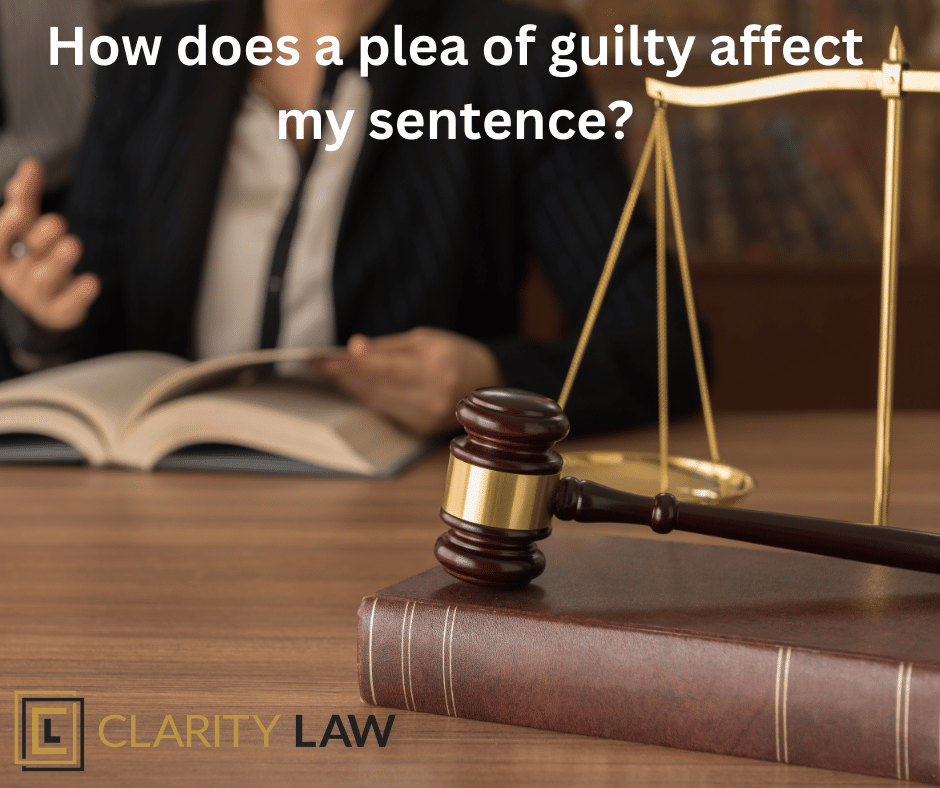
If you have a criminal matter before the court, you have to decide between entering a plea of guilty or not guilty.
A plea of not guilty of course, means taking a matter to trial (also known as hearing), in which evidence will be tested, witnesses called and examined. This may involve a jury being assembled or matter committed to a higher court for the trial.
This article is not going to be exploring what happens during a hearing or trial, this article will look at what the affect of a plea of guilty will have on a sentence.
What benefit do I get for a plea of guilty?
In Queensland, the rules on sentencing are governed by the Penalties and Sentences Act 1992 and specifically section 13 of the act deals with how a guilty plea must be taken into account.
When a person pleas guilty, the court must take the guilty plea into account and reduce the penalty it would have imposed otherwise if the offender had not pleaded guilty. This will be balanced against the “timeliness” of any plea or if they informed the relevant law enforcement agencies of their intention to plea guilty.
The court will consider the timeliness of the plea, meaning was the plea entered at an early stage of the matter, or was the matter listed for trial and then proceeded by plea of guilty on the day of trial – or somewhere in between.
You gain a less of a ‘discount’ on sentence if you enter a plea of guilty after a considerable period into a matter. This is not always a black and white scenario though. If a person is self-represented for the majority of their matter and pushes the matter along and lists it for trial, then that person gets legal advice and seeks to plea guilty. The court can consider that once legal advice has been obtained that they entered a plea of guilty and consider it a timely plea.
An early plea of guilty will further assist in your matter by demonstrating remorse and contrition to the court, and you gain the benefit of saving the tax payer the cost of a trial. Another factor considered when applying any reduction in sentence on the basis of an early plea of guilty, is the saving of cross-examination of any victim and witness – this even more relevant where a domestic violence or sexual assault matter is before the court.
Should I just plea guilty to get a better sentence?
In short – it depends. Deciding whether to plea guilty will depend on the strength of the evidence, any available alibis or defences. It is important to have a criminal and traffic law practitioner review your case with you to see if there is going to be success at trial or any available defences – or alternatively any case conferencing which might be available to reduce the charge or charges.
An early or timely plea of guilty will give a sentencing discount, by operation of law.
Conclusion
This article is not designed to be a comprehensive guide to taking matters to trial or the full intricacies of sentencing for criminal and traffic matters in Queensland. This article was to give a brief overview of how pleading guilty to an offence affects a sentence. This is both at law per section 13 of the Act, and by the demonstration of remorse and the willingness to save the taxpayer the cost of a trial.






